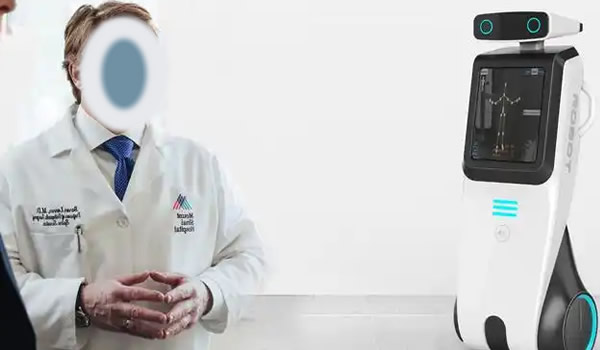Chronic migraines are more than headaches—they are debilitating neurological conditions requiring tailored care.
A chronic migraine is defined as having headaches on 15 or more days per month, with migraine features on at least 8 of those days.
Common triggers include hormonal changes, stress, lack of sleep, certain foods, and weather shifts.
Treatment involves identifying triggers, maintaining regular sleep and meal schedules, and using preventive medications such as beta‑blockers or CGRP inhibitors. Non‑drug approaches like biofeedback, cognitive therapy, and acupuncture also help many patients reduce frequency and severity.
FAQ:
Q: Can migraines be completely cured?
A: No, but symptoms can be significantly managed and reduced.
Q: Should I keep a headache diary?
A: Yes, tracking patterns helps identify triggers and effective treatments.
User Comments:
- “Avoiding caffeine after noon reduced my episodes.”
- “My neurologist’s preventive plan changed my life.”
Editor’s Note:
Understanding personal triggers and adhering to a treatment plan can greatly improve quality of life.
Tags: chronic migraine, headache triggers, neurological care